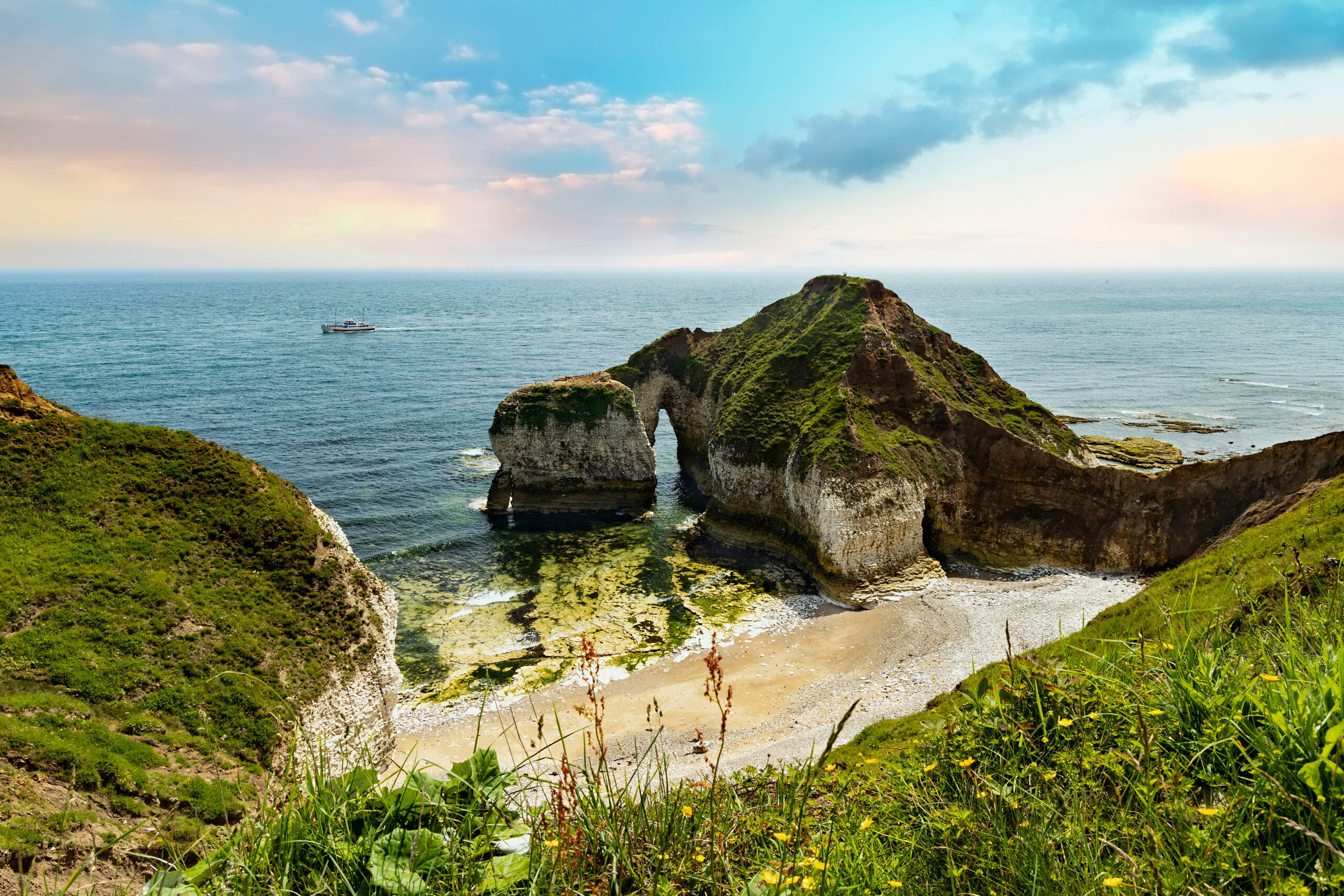A new approach is needed if we are to save nature, that is the stark warning has been issued by the Chair of Natural England Tony Juniper, as he launches a major new report on the state of England’s natural world.
The State of Natural Capital Report for England 2024 published by Natural England, provides insight into the vital role that healthy nature plays in underpinning economic health.
The report categorises the marine and coastal margin ecosystem assets as ‘high risk’, with the reason for the current and on-going trend being due to the very rapid increase of impact from climate change, land- and sea-use change, invasive species, as well as the increasing impact from resource exploitation.
Making the invisible, visible
The “State of Natural Capital Report for England 2024 – risks to nature and why it matters” report objective is to provide the information on nature decision makers need so that they can include it. It describes why nature is relevant to broad policy areas – making the invisible visible and providing the missing evidence needed. The report assesses the state of natural capital in relation to its ability to continue to provide us with the benefits we rely on, it describes the risks that we are carrying and points to what we can do about it. The report provides a comprehensive assessment of the state of ecosystem assets, such as wetlands and forests, and the important role they play in sustaining us and the risks to society and the economy if the status quo is maintained.
Credit: Natural England
Changes to nature will be felt later
The report exemplifies where changes are being felt in the economy now due to nature depletion, and the consequences already being seen in the reduction in access to nature, such as, pollination represents around £500 million of benefits in the agricultural industry with a decline in insect life threatening food supply. Elsewhere, the degradation of soils globally is causing carbon emissions to rise – equivalent to 36% of the annual global carbon emissions from fossil fuels – while more frequent extreme weather events are causing significant economic damage.
The report sets out actions and opportunities to restore ecosystems, reduce impacts and put natural capital at the heart of decision making. Important policy areas are dependent on ecosystems being in good working order. This report looks at the consequences of the state of natural capital for: economic resilience; Net Zero; climate adaptation; food security; health and well-being; and water security. It identifies priority actions to address the risks for each policy area.
What’s in the report?
- A comprehensive assessment of the state of ecosystem assets in England – why they are important and what is impacting on them.
- A risk register – why nature is at risk and what this means for the benefits from nature we rely on.
- An assessment of risk consequences for policy areas – how risks to the benefits from nature affect: economic resilience, Net Zero, climate adaptation, food security, health and wellbeing, water security.
- Indicators and data appendix – collating the best currently available indicators and data on the state of ecosystem assets.
Priority Actions for Net Zero, Climate Adaptation and Food Security
The report lists priority actions to reduce risk to Net Zero and Climate Adaptation; one of these focused on using marine spatial planning and blue carbon mapping to minimise the impact of development on seabed carbon stores/ sinks, including saltmarsh, seagrass, seafloor and kelp beds
Another priority action from the report is to ‘Reduce pressures on marine ecosystems’, including through marine planning and sustainable fishing practices, to enhance ecosystem resilience to climate change.
Nature is our national wealth service
Speaking at an event to launch the report, Tony Juniper, Chair of Natural England, said:
“Nature is our national wealth service: our natural assets provide a steady stream of essential goods and benefits on which our economy and our population rely.”
“Nature provides huge social benefits. Green spaces provide £25.6 billion of ‘welfare value’ every year and a range of studies have found that the presence of green spaces, including parks and trees, improves mental health and can lead to a reduction in crime in urban areas.
“However around 1 in 5 people do not live within 15 minutes of a green space, and they tend to be from more deprived communities. This link between green space, social inequalities and differences in health outcomes remains strong and persistent. This has to change, we to have think differently.”

